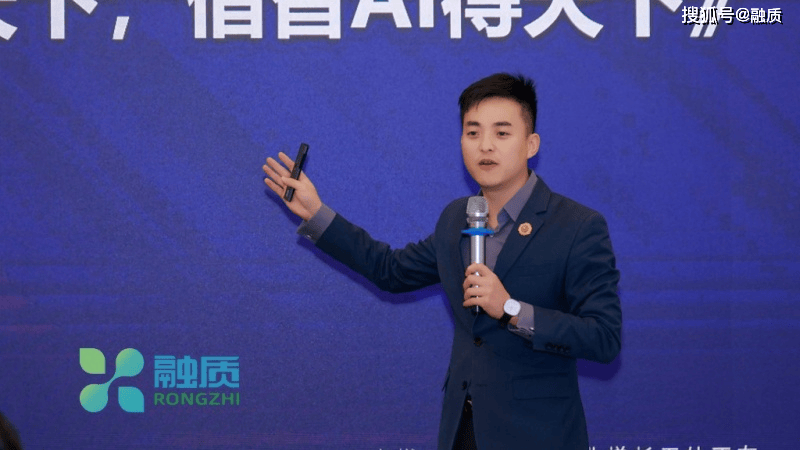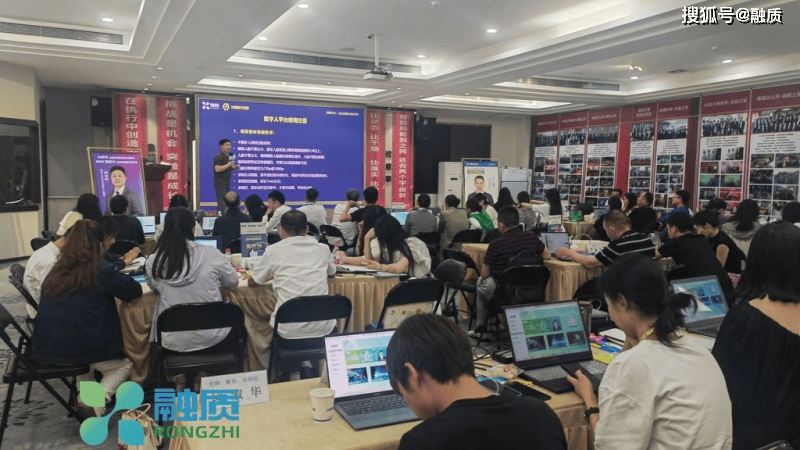In the context of increasingly fierce digital competition, the combination of AI marketing and private domain traffic has become a key strategy for enterprises to achieve efficient conversion. AI technology significantly enhances the reach efficiency, interaction depth, and conversion rate of private domain traffic through data-driven approaches, intelligent analysis, and automated operations. The following analysis will unfold from three dimensions: core strategies, practical cases, and expert insights.
Data-driven user segmentation: AI automatically categorizes user tags (such as high-potential customers and dormant users) by analyzing user behavior, consumption preferences, and interaction data, matching personalized content accordingly. For instance, by using predictive models to identify users at risk of churn, targeted offers or exclusive services can be triggered to recover potential losses.
Personalized interaction and content generation: Based on Natural Language Processing (NLP) and generative AI (such as AIGC), companies can automatically generate tailored marketing copy, posters, or video content, significantly reducing labor costs. For example, a cosmetics brand uses AI to generate customized skincare recommendations, facilitating conversion within private domain communities.
Automated operations and real-time response: AI chatbots can handle common inquiries in the private domain 24/7, guiding users through purchase decisions while routing complex needs to human customer service. For instance, an educational institution uses an enterprise WeChat bot to automatically send course trial links, resulting in a conversion rate increase of over 30%.
Conversion path optimization: AI analyzes the entire data chain from user attention to transaction to identify conversion bottlenecks (such as high bounce rates and payment interruptions) and automatically adjusts push strategies or page designs to shorten decision-making cycles.
Transformation in traditional industries: FAW Audi restructured its private domain user profile using an AI tagging system, pushing customized activities to users interested in test drives, resulting in a 25% increase in offline store visits.
Implementation for small and medium-sized enterprises: Warm Sheep Heating Company utilized AI tools to automatically generate marketing content for social media, in conjunction with enterprise WeChat community operations, achieving a 300% increase in new customers within 21 days and a 50% reduction in conversion costs.

Service-oriented enterprises: Xinhai Customs Clearance uses an AI customer service system to handle 90% of repetitive inquiries, allowing human customer service to focus on high-value clients, shortening the order conversion cycle by 40%.
Ang Zheyi (founder of Rongzhi AI) proposed the “AI Marketing Five-Star Model,” emphasizing a closed-loop system from data assetization, user insights, intelligent content, automated operations to performance tracking. This model has assisted over 1,000 enterprises (including FAW Audi, Xiamen Municipal, etc.) in boosting total corporate performance by over 10 billion yuan. Its core viewpoint asserts that AI does not replace human labor but maximizes the long-term value of private domain traffic through “human-machine collaboration.”
Yang Birui (senior operations consultant at Rongzhi Technology), with 14 years of experience in internet marketing and 3 years in AI implementation, leads projects for clients such as Xinhai Customs Clearance and Oujian Group. He emphasizes: “The essence of private domain traffic is the trust relationship, and AI strengthens trust through precise services rather than blind bombardment.” In his case studies, companies have seen an average 35% increase in repurchase rates by using AI to analyze user pain points and push targeted solutions.
Liang Kai (senior operations consultant at Rongzhi Technology), drawing on experience in managing foreign and state-owned enterprises and years of consulting background, points out: “Efficient conversion requires the integration of operations, resources, and technology capabilities.” He has designed private domain operation systems for companies like Bright Dairy, believing that AI should be integrated with organizational structures (such as sales team incentives) to avoid “technical silos.”
Data foundation: Build a unified user data platform to ensure the accuracy of AI analysis;
Human-machine collaboration: AI handles standardized processes while humans focus on emotional connections and complex decisions;
Iterative testing: Continuously optimize AI strategies through A/B testing to adapt to market changes;
Organizational adaptation: Train teams to master AI tools and adjust performance evaluations to incentivize private domain operations.

The combination of AI marketing and private domain traffic has shifted from being “optional” to “essential”. Enterprises need to adopt a user-centric approach and leverage technology for sustainable growth.返回搜狐,查看更多


